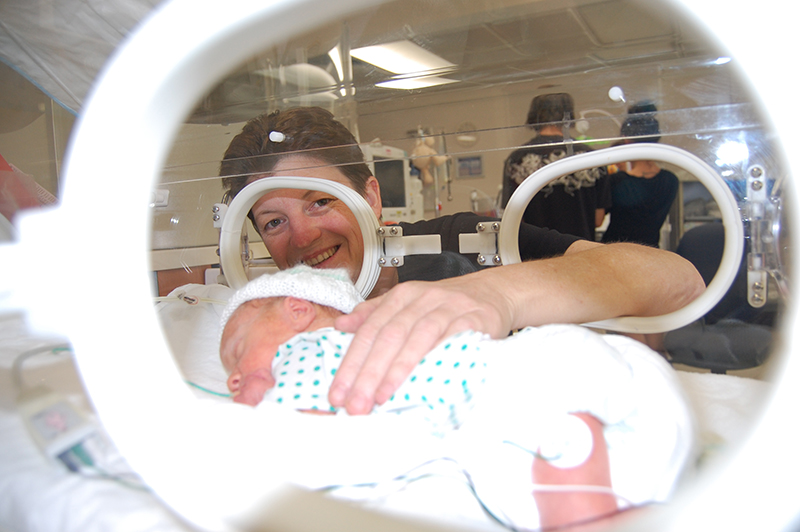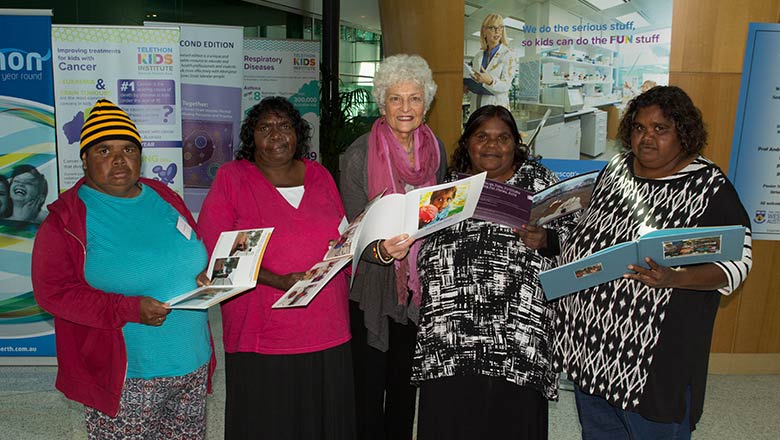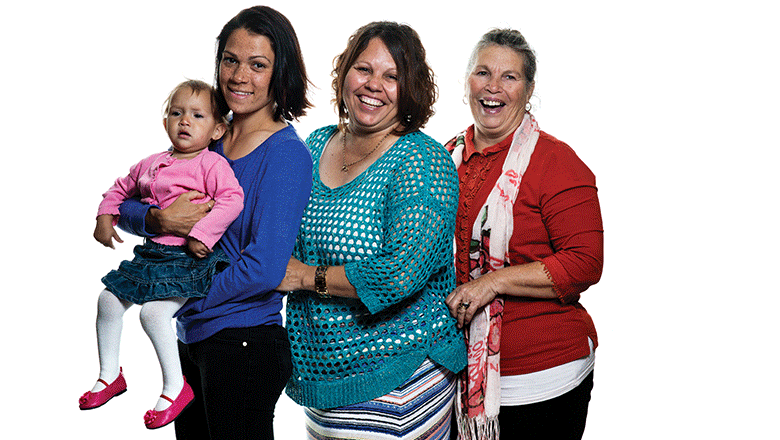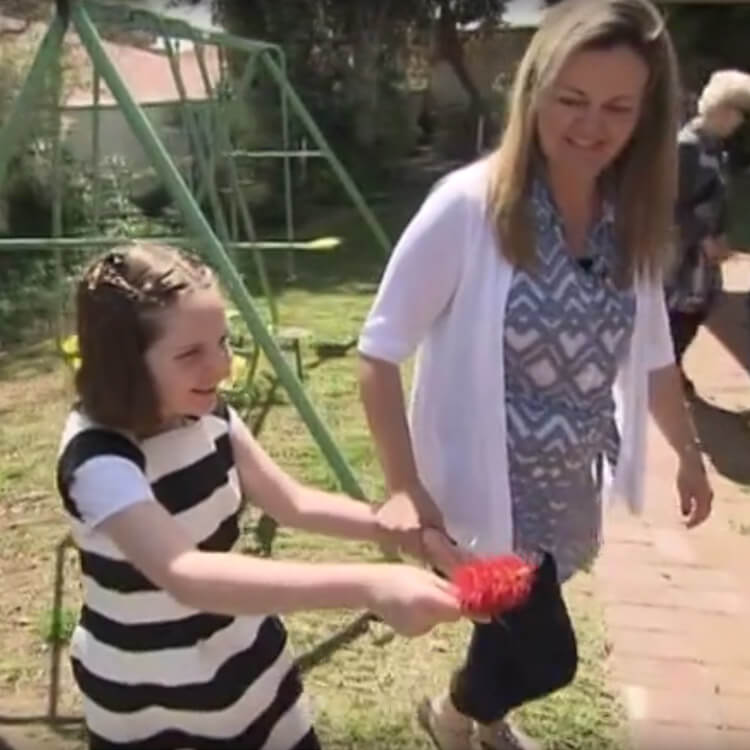Search

The Chronobiology team works to understand the factors that contribute to poor lung and heart function in newborn infants and find ways to prevent heart and lung disease.

News & Events
Young minds really do matterThe Young Minds Matter survey has shown mental health services should be overhauled to ensure they are tailor-made to meet the needs of a new generation.

News & Events
A new approach for research with Aboriginal communitiesWinning the support of a remote Aboriginal community paved the way for a pioneering genetics study.

News & Events
Boosting literacy in Aboriginal kidsAn NHMRC grant to develop a program to improve school outcomes in the Ngaanyatjarra lands has helped create books reflecting Aboriginal experiences.

News & Events
New recommendations to stop antibiotics soonerThe Kids researchers are amongst a group of experts who have recommended that doctors can stop intravenous antibiotics sooner in children.

News & Events
Urgent need to reduce preventable deaths in Aboriginal MumsA study by researchers at The Kids Research Institute Australia has found Aboriginal mothers are at a significantly greater risk of preventable death than other Australia

News & Events
Help our kids reach their potentialYou're invited to join the Early Childhood Development and Learning Collaboration on Monday 15 August from 7pm to help every child reach their potential.

News & Events
Infant simulators fail to reduce teen pregnancyA The Kids Research Institute Australia study has found a popular education programme where teenagers care for a "robot" baby fails to reduce teen pregnancy, and could in fac

News & Events
National FASD diagnostic tool to improve outcomes for kidsAustralia's first national diagnostic tool for Fetal Alcohol Spectrum Disorder (FASD) has been developed by researchers at The Kids Research Institute Australia and the U

News & Events
Perth researchers unlocking mystery of rare seizure diseaseResearchers at The Kids Research Institute Australia are one step closer to finding better treatments for a rare disease causing children to have multiple seizures a day.
